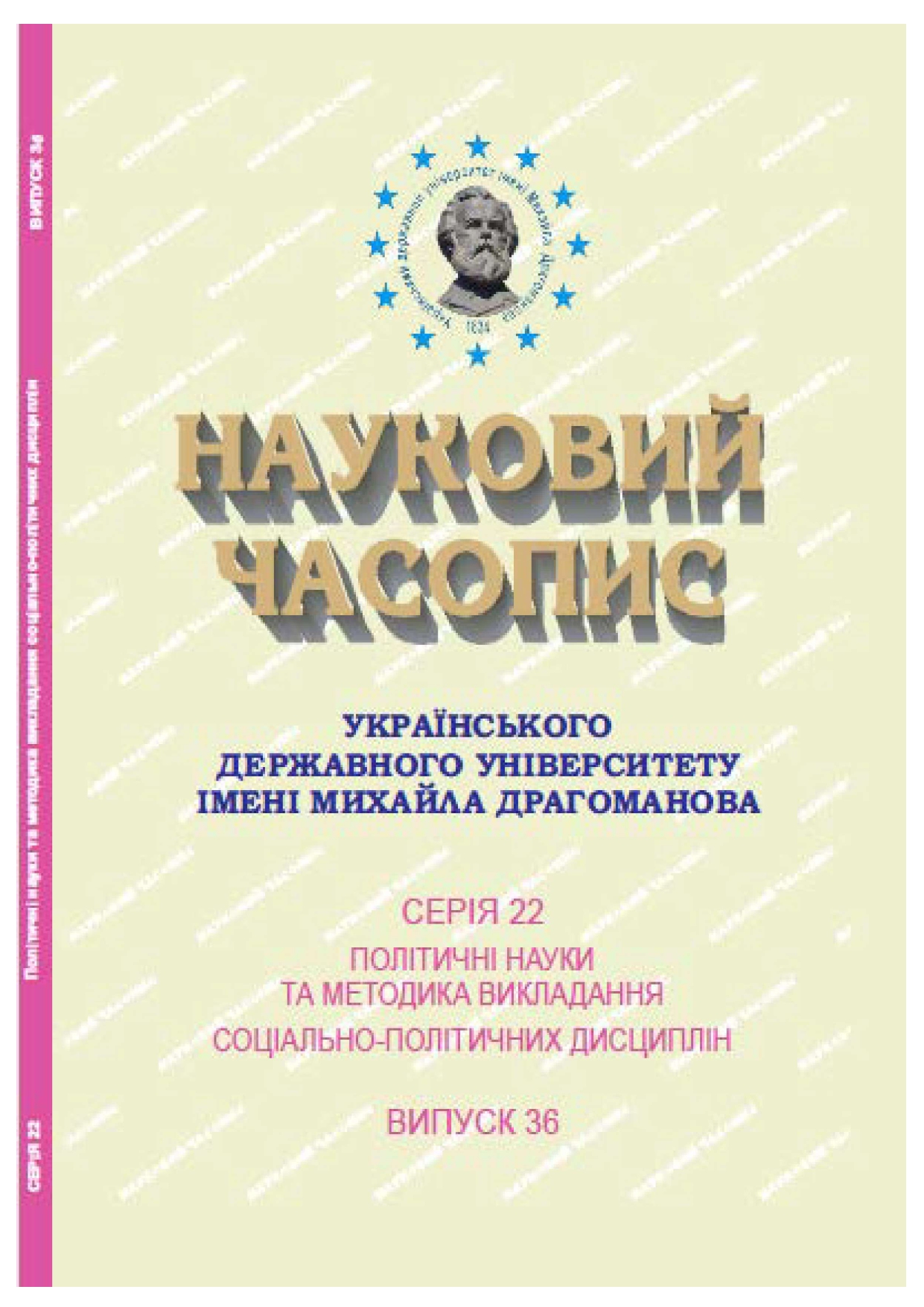The Mejlis of the Сrimean Tatar People: from National Self-Government to International Influence
DOI:
https://doi.org/10.31392/UDU-nc.series22.2024.36.15Keywords:
Mejlis of the Crimean Tatar people, Kurultai of the Crimean Tatar people, national self-government, institutional capacity, occupation of Crimea, human rights protection, civil society, democracy, representative body of the indigenous people, identity, self-organization, self-determination, collective rights.Abstract
The article examines the role of Mejlis of the Crimean Tatar people as an institution of national self-government in the modern political space of Ukraine and in the international arena. The author examines the historical background of Mejlis, its structural features and functioning under the occupation of Crimea by the Russian Federation. Particular attention is paid to the analysis of the interaction of Mejlis with the Ukrainian state and international organizations, as well as its influence on the formation of political processes at both national and global levels. The author describes the historical development of Mejlis as an institution of national self-government that emerged in response to the need to consolidate the Crimean Tatar people after their return from deportation. Attention is focused on the principles of self-organization, democracy and non-violence, which became the basis of Mejlis' activities. The author analyzes the current activities of Mejlis in the context of cooperation with the state authorities of Ukraine and international organizations. The role of Mejlis in the development and implementation of policy on the occupied territories, as well as its contribution to the protection of the rights of Crimean Tatars is studied. The significance of Mejlis as an institution that, despite the occupation, has retained its legitimacy and continues to act actively in the interests of the Crimean Tatar people is emphasized. The author analyzes the international aspect of Mejlis's activities, examines its cooperation with international human rights organizations and governments of different countries, as well as participation in global forums aimed at protecting human rights. Particular attention is paid to the recognition of Mejlis as a legitimate representative body of the Crimean Tatars in the international arena. The challenges and opportunities faced by Mejlis in the context of current global political changes are explored. The author analyzes the impact of international sanctions against Russia on the activities of Mejlis and its ability to influence international processes aimed at protecting the rights of Crimean Tatars and restoring the territorial integrity of Ukraine. It is emphasized that Mejlis continues to be an important political and cultural institution capable of effectively responding to the challenges of our time and ensuring the protection of the interests of the Crimean Tatars both in Ukraine and in the international arena.
Keywords:

